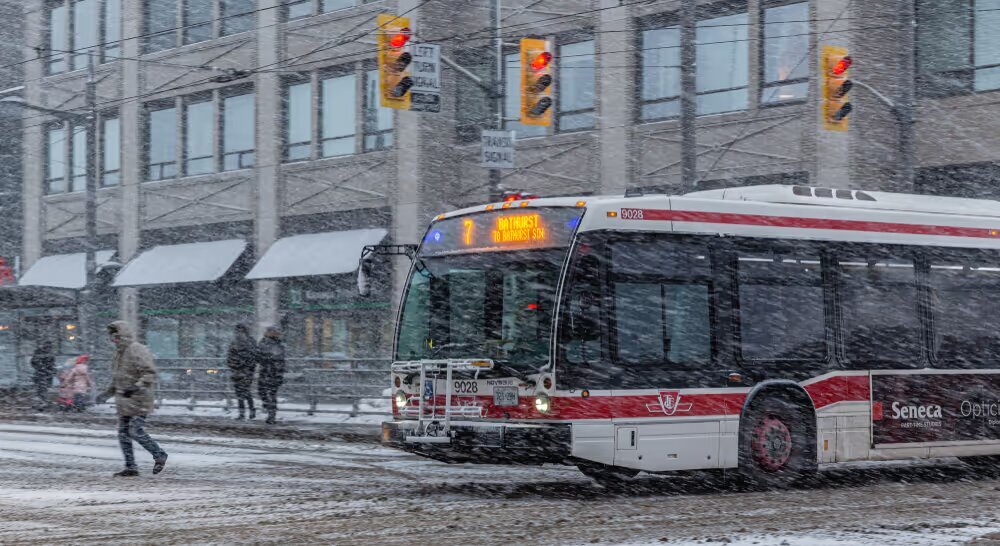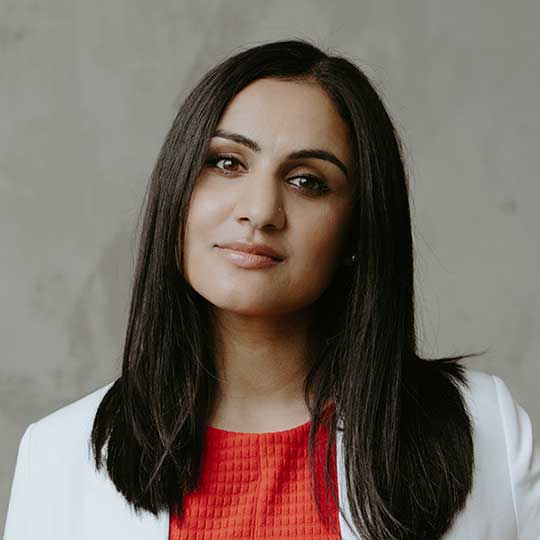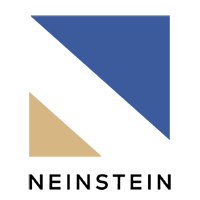Nov 11, 2024 in News Legal News
Legal News: Major Court Ruling on Accident Benefits and SPECT: Toronto Brain Injury Lawyers Explain

The case stems from a 2012 incident in which Shoba Kolapully was struck by a TTC bus while crossing the street in Toronto. Kolapully pursued legal action for serious physical and psychological injuries, including a diagnosis of traumatic brain injury.
Following a six-week trial in 2022, the jury awarded her $375,000 in damages, but several key issues were contested on appeal by the TTC. Our Toronto brain injury lawyers explain what the Court of Appeal’s decision means for survivors.
Key Issues Before the Court: Brain Injury Lawyers Near You Explain
1. Admission of SPECT Scan Evidence
The TTC (appellant) argued that a SPECT scan, used to diagnose the respondent’s (Shoba Kolapully) traumatic brain injury, was an unproven diagnostic method and should not have been admitted as evidence.
The Court applied the R. v. Mohan test, which outlines two steps: the threshold test for relevance, necessity, qualifications, and exclusionary rules, and the gatekeeper function where the judge weighs the potential risks and benefits of admitting expert evidence.
Justice Lauwers upheld the trial judge’s decision to admit the SPECT scan as a diagnostic aid, noting that the neurologist had already diagnosed the traumatic brain injury before using the scan.
He distinguished the case from Meade v. Hussein where the diagnosis was based solely on the scan. In this case, the scan was used to supplement existing medical opinions.
Read More - Why Most Personal Injury Cases in Ontario Don’t Go to Trial
2. Exclusion of Credibility Evidence
The TTC wanted to admit attendant care forms signed in blank by the respondent, arguing that these forms were relevant to the respondent’s disability claim and to challenge her credibility.
The trial judge found that the forms were irrelevant since attendant care was not part of the claims at issue in this action, applying the collateral facts rule.
The Court of Appeal agreed with this assessment and highlighted the principle that the introduction of such evidence would have diverted the jury and wasted time on collateral matters, a primary concern the rule seeks to avoid.
The Court upheld the trial judge’s exclusion of the forms, finding that the decision was a reasonable exercise of discretion. The trial judge correctly balanced the probative value against the prejudicial effect and maintained the focus on material facts.
3. Deductibility of Non-Earner Benefits
The trial judge had refused to deduct the non-earner statutory accident benefits, approximately $95,000, from the jury’s $200,000 award for past income loss. They based their finding on the Walker v. Ritchie decision, which held that non-earner benefits are unrelated to income loss.
The TTC argued that Cadieux v. Cloutier overruled Walker and that non-earner benefits should be included in the same “silo” as income loss benefits for the purpose of deductibility under s. 267.8 of the Insurance Act.
In this case, the Court found that Walker was overruled by Cadieux and agreed with the TTC that non-earner benefits must be deducted from income loss awards. It ruled that the $95,000 in non-earner benefits should have been deducted from the damages award, upholding the “silo” approach outlined in Cadieux, which prevents double recovery.
Implications for Traumatic Brain Injury Survivors
The Kolapully v. Myles decision has practical consequences for survivors of traumatic brain injuries (TBI), especially regarding how evidence is used and damages are awarded.
This case once again advances the use of SPECT scans in the evaluation of traumatic brain injuries. Though the matter somewhat sidesteps the issue of a direct diagnosis through SPECT, it adds to the body of case law that recognizes the use of SPECT as an important diagnostic tool for TBI survivors.
The deduction of non-earner benefits from tort awards under the “silo” approach has relatively little impact on the total compensation survivors receive. However, it is something that injury lawyers near you in Toronto will have to consider when preparing a legal strategy.
More Than 100,000 Personal Injury Cases Settled Successfully or Won
Over 50 years, Neinstein Personal Injury Lawyers has helped raise the bar of care and compensation for survivors of traumatic brain injuries. Our brain injury lawyers in Toronto have won millions of dollars for TBI survivors, and guided them through some of the toughest periods in their lives (though, note that past successes are not guarantees of future successes).
Schedule a complimentary, no-obligation consultation to discuss your needs with an experienced Toronto brain injury lawyer.
Category Selector
Select a category relevant to you.
- Social Host Liability
- Tort
- Spinal Injury
- Road Safety
- Slip and Fall Claims
- Snowmobile Accident
- Product Liability
- Rail Accidents
- Recalls
- News
- Nursing Home Negligence
- Personal Injury
- Physical and Psychological Injuries
- Negligent Supervision
- Neinstein in the Community
- Medical Malpractice
- Motorcycle Accidents
- Long Term Disability
- Chronic Pain
- COVID-19
- Dog Bites Claims
- Events
- General
- Homeowner Liability
- JUUL & Vaping
- JUUL Vaping Lawsuit
- Lawyer Profile
- Legal News
- Legal Representation
- Liability
- Long-term Care
- Blogs
- Boating Accident
- Brain Injury
- Car Accident
- Accident Benefits Claims
- Auto Insurance
- Bicycle Accidents
- Water Accidents
- Wrongful Death
- In the Community
Area of Expertise
Accident benefit dispute
Accident benefits, or "no-fault" benefits, are available to anyone involved in a car accident, regardless of who is responsible. At Neinstein LLP, we can help advance your accident benefit claim while providing you and your family with the guidance and resources necessary to focus on your recovery. Our accident benefits lawyers based in the Toronto region will act as your advocate and trusted advisor in all matters related to personal injury litigation.
More Posts Legal SupportBook A Free Consultation
We will not charge you unless your case is successful.
At Neinstein we have been advocating for injured victims for over 55 years. Our committed and compassionate team will do everything necessary to help you and your family find solutions to the new challenges that arise from serious injuries.
Our team will ensure you access the proper healthcare support to aid in your recovery. While you focus on your rehabilitation, we will thoroughly investigate your case and guide you through the litigation process so we can achieve the maximum compensation that you deserve.

